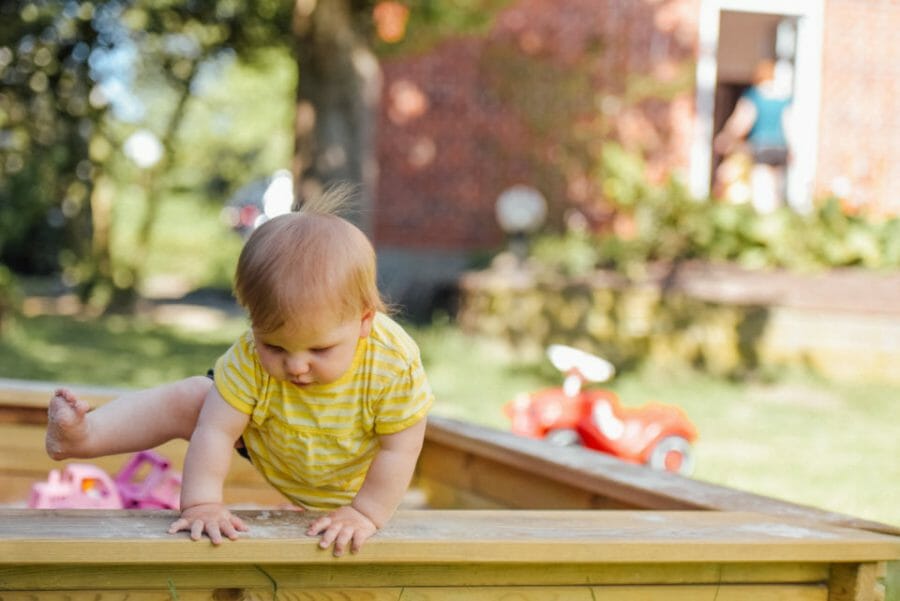We all know it can be scary letting your child climb trees, wrestling with a friend, or playing with scissors and hammers, but it really is crucial part of a happy and healthy child.
An education expert is calling on parents to stop smothering their children and let them get their feet dirty through risky play, which offers a number of behavioural, physical and emotional benefits.

Dr Elise Waghorn, education expert said, “Children need a bit of risk in their play. For parents, this means we need to stop telling children to ‘be careful’ or ‘it is not safe – hop down’.
“As a society, we have increasingly become hesitant about the freedom or autonomy we give children to partake in play that involves an element of risk. However, the advantages of children taking calculated risks during their play far surpasses the potential for harm.

“Risky play encompasses various activities, including scaling heights on play equipment and trees, engaging in fast-paced endeavours such as biking, running, and sliding, getting lost in games like hide and seek, handling potentially dangerous tools like hammers and scissors, participating in rough and tumble play involving contact wrestling, and playing near hazardous elements like water, concrete, heights and balancing on rocks.
“Activities like climbing, jumping and running contribute to the development of essential gross motor and core muscle skills.
“These movement skills make children less likely to injure themselves and – for young children – help them to sit still for longer periods by building muscular support.

“Moreover, such play supports children in expressing their emotions (for example through throwing sticks), establishing relationships with peers (through group play), and alleviating anxiety and boredom without the use of technology – ultimately enhancing their mental health and overall wellbeing.
“Children love to push boundaries, so it’s no surprise that they love risky play.
“For parents, rather than focusing on fear of injury, look closely at the amount of confidence your child can grow when they recognise the improvement in their own skills and what they’re really capable of.”
The recommended time children spend outside playing is up to three hours a day. Instead, many children are spending more time inside and on technology.
Dr Elise Waghorn has expertise in early childhood development. Her research focuses on exploring the everyday life of children in Australia and their connection to policy and educational experiences in Hong Kong and Singapore.


